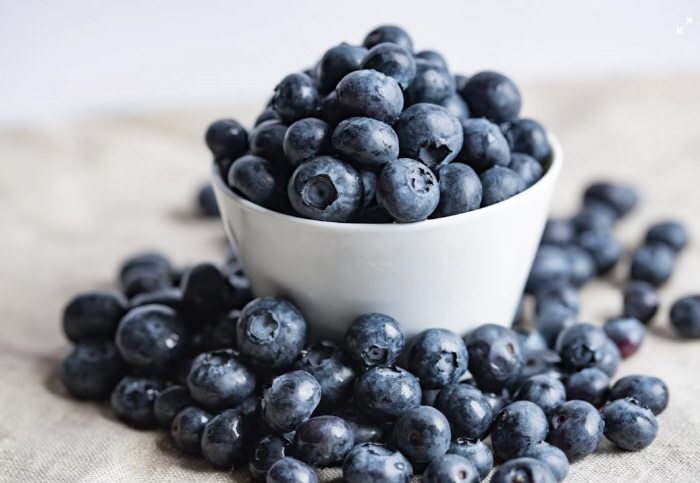I ate this morning, worst for intestinal health? ...These are recommended fruits for specialists
Sep 15, 2025
|
According to foreign media such as the Daily Mail, Dr. Saurav Sethi, a gastroenterologist from Harvard Medical School in the United States, has released 10 kinds of fruits that affect intestinal health by ranking.
He recently said on social media that "Not all fruits are healthy" and that some fruits can deteriorate the intestinal environment.
The fruit that he should avoid the most is a ripe banana.
He argued that eating overcooked bananas could cause ▲a risk of a sudden rise in blood sugar ▲ unfavorable to beneficial bacteria in the intestine ▲ worsening symptoms of gastric acid reflux ▲ a burden of calories and carbohydrates.
Looking at this in detail, as bananas ripen, resistant starch decreases and sugar increases. For diabetics, it becomes a fruit with a high blood sugar index and can raise blood sugar quickly, so caution is needed.
In addition, ripe bananas are digested quickly, reducing their intestinal fermentation, which may not provide sufficient nutrition for intestinal beneficial bacteria.
In addition, it can cause acid reflux or indigestion in some people, and it can be a burden to those who are losing weight due to high sugar content and relatively high calories.
Dr. Sethi says it is "good to eat undercooked bananas" and "High levels of dietary fiber help lower the risk of heart disease, stroke, type 2 diabetes and colorectal cancer."," he said.
Blueberries were the fruit he rated the most healthy for the intestines, followed by pomegranate.
These fruits are rich in antioxidants, removing active oxygen from the body and helping to prevent various diseases such as diabetes and cancer. In particular, pomegranate contains elazitannin, a powerful polyphenol component, which is effective in reducing inflammation and lowering the risk of heart disease.
According to a study by the University of Barcelona, Spain, people who maintained a diet with high polyphenol intake had a 46% lower risk of developing heart disease.
Kiwis are also considered very good fruits for intestinal health.
One kiwi (about 80g) contains about 2g of water-soluble fiber, which acts as a gel in the intestine, which is effective in facilitating defecation and relieving constipation. There are studies showing that chronic constipation is associated with colon cancer, and the more frequent excretion is made, the less time harmful substances stay in the barrier, which is advantageous for health.
Melons, pears, apples, grapes, and oranges were then included in the fruits that were good for intestinal health.
Grapes are rich in moisture, vitamin C, and potassium, and have the effect of reducing inflammation, while oranges are rich in vitamin C, folate, and antioxidants that help strengthen immunity.
This article was translated by Naver AI translator.














